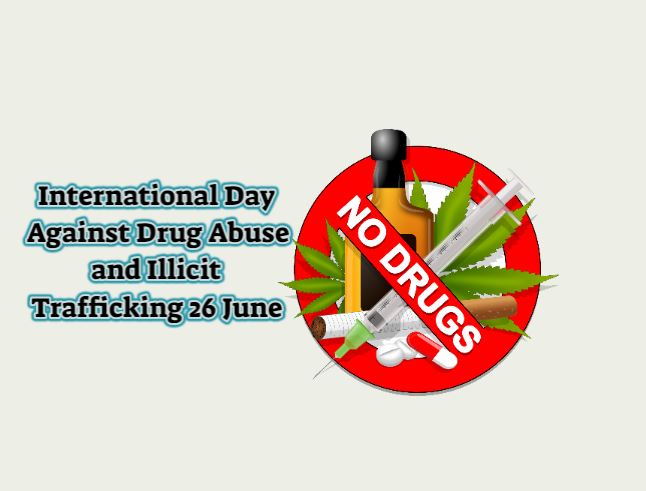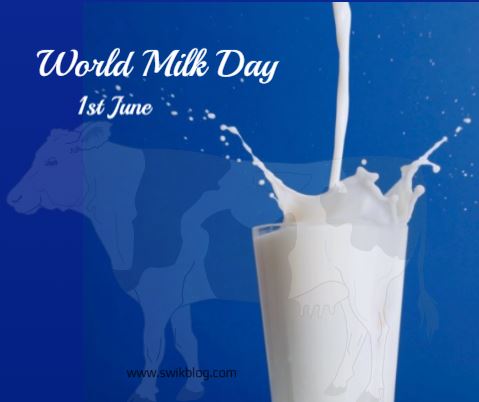Annually on 26 June, the International Day Against Drug Abuse and Illegal Trafficking is celebrated.It is also known as “World Drug Day”.
“Better Knowledge for Better Care” theme of the International Day Against Drug Abuse and Illicit Trafficking in 2020 highlights the need to enhance the awareness of the world drug issue and how, in effect, better knowledge will promote more international collaboration to combat its effects on health, administration and security.
The area of the issue of drugs has been ‘plagued’ by many kinds of misinformation. This year’s theme seeks to better understand the world drug problem and foster greater international cooperation to counter its impact on health, governance and safety.
Drug violence and illegal trade tend to have a highly detrimental effect on sustainable prosperity and stability.
Millions of dollars from illegal drugs fuel terrorist activity and incite other crimes such as trafficking in human beings and the smuggling of weapons and men.
Drug trafficking is a global illegal trade involving the community, processing , distribution and selling of drugs subject to the legislation on drug prohibition. UNODC actively tracks and analyses global illegal drug markets to obtain a deeper understanding of their dynamics.
At present, the global intake of opium (340 tons) and seizures reflect an annual supply of 430-450 tonnes. Of the total, opium from Myanmar and the Lao Democratic People’s Republic yields about 50 tonnes, whereas the remainder is manufactured exclusively from afghan opium, around 380 tons of heroin and morphine. In Afghanistan, though approximately 5 tons are consumed and confiscated, the remaining 375 tons are trafficked worldwide via routes to and from neighboring Afghanistan.
The main trafficking corridors of the Balkans and the north link Afghanistan to the vast markets of the Russian Federation and of Western Europe. The route across South Eastern Europe passing through the Islamic Republic of Iran (often via Pakistan), Turkey, Greece and Bulgaria, is an annual market value of some $20 billion. Tayikistan and Kyrgyzstan (or Uzbekistan or Turkmenistan) lead primarily to Kazakhstan and the Russian Federation on the northern road. The market size is estimated at $13 billion annually.
What is Illicit Trafficking?
The term “illegal trafficking” could be defined as the illegal “trading, selling or selling Something”.Illegal trafficking including trafficking in human beings and migrant smuggling, as well as trafficking in drugs and wildlife products.Human trafficking has been one of the international community’s biggest concerns over the past decade and one of the most lucrative practices of organized criminal organizations worldwide. Like many other forms of crime, conflicts, humanitarian disasters and people’s vulnerability in crisis situations are taken advantage of. Men, women and children are kidnapped and sold for sexual and forced labour.
There is a strong link between international trade and other forms of crime, such as trafficking in human beings, drug trafficking, corruption, bribery and laundering. Illegal trading hurts the global economy and threatens worldwide public health. Each place in the world and every field of industry is affected.












